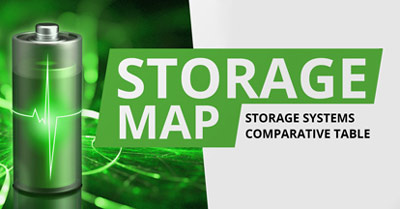The European Commission has introduced, together with the new laws for climate and energy management, a project for the coordination of the energy market, called “Energy Union”.
This project consists of a set of rules designed to facilitate the free exchange of energy at the borders of EU countries, in order to ensure the availability of energy in all states and greater competitiveness.
New technologies and infrastructures will contribute to reduce the costs of energy, creating new job opportunities for energy professionals.
Objectives of the Energy Union
The strategy of the Energy Union is based on 5 main concepts:
- Security and supply certainty; diversifying energy sources and increasing solidarity and cooperation between EU countries;
- A fully integrated energy market; enabling a free exchange of energy with adequate technical and regulatory infrastructures;
- Energy efficiency to reduce extra-European energy imports;
- Decarbonisation of the economy, in order to place Europe in a leading position in renewable energy worldwide;
- Research and innovation to ensure the competitiveness of European companies.
Energy Union will allow us to manage any energy crises that may arise in an integrated, non-local or national approach.
However, we must take into account the fact that sources, such as sun and wind, are not available in every circumstance. This is the reason energy storage systems must also be encouraged.
Interconnection of the Italian network
Nowadays, the interconnection of the Italian network with other countries has 25 electricity lines.
The connected countries are France, Switzerland, Austria, Slovenia, Corsica (Sardinia) and Malta.
Enhancements with France, Austria and Corsica and new interconnections with Tunisia and Tennessee have been already planned or under construction.







